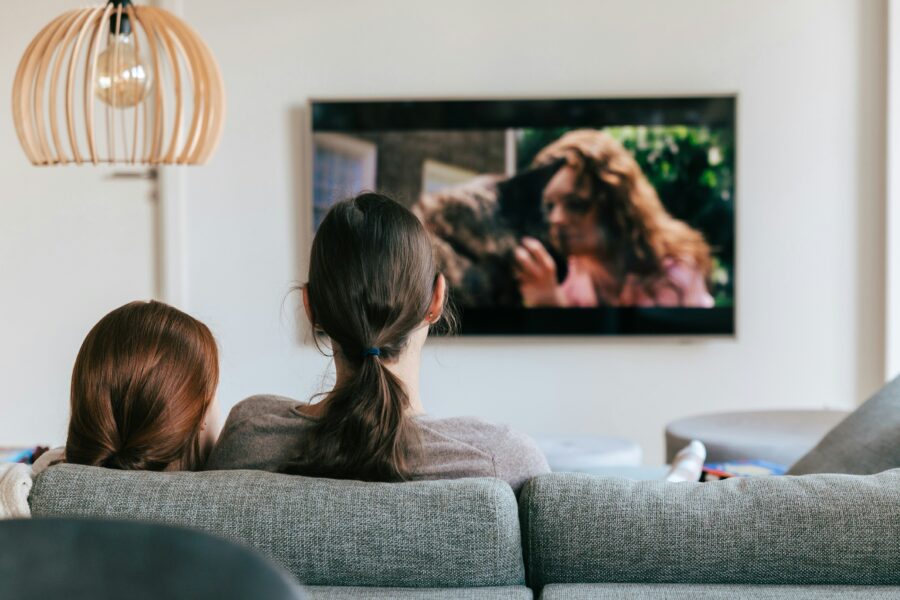
As the autumn months get underway, many iconic British TV shows are starting up again. The Great British Bake Off began its fifteenth season on 24th September, airing on Channel 4. Strictly Come Dancing will be waltzing back onto our screens via BBC One for its twentieth year. But whilst the Great British Bake Off brings a cosy and comforting watch in the colder months and Strictly Come Dancing brings a sparkle to our television, it might not be enough to keep people buying TV licenses.
According to The Guardian, half a million households cancelled their BBC licence fee last year. Broadcasters are struggling to compete with streaming services and video platforms such as Netflix and YouTube, as younger demographics steer away from broadcast TV in favour of short-form video content and binge-watching. Take the GBBO for example: in 2023 only 4.38 million people tuned into the show, which was a decline from the 5.1 million figure the year before. Entire seasons can be spread out across weeks, with viewers left waiting until the following week to find out what happens next. Scientifically speaking, our brains crave the dopamine releases we get from binge-watching, so perhaps this is why younger demographics connect more with streaming services.
Broadcasters are struggling to compete with streaming services and video platforms such as Netflix and YouTube, as younger demographics steer away from broadcast TV in favour of short-form video content and binge-watching.
What can be a challenge for students and what is perhaps unappealing is the price of TV licenses. Students living away from home must have a TV license to watch live television or record it. This includes using download and catch-up TV features, such as BBC iPlayer.
A TV licence costs £169.50 a year. Despite streaming services also having a fee to watch in the form of a subscription, the sheer variety of things to watch makes it appear as almost a no-brainer and worth the price. This coupled with fewer AD interruptions and more original content, it makes it hard for traditional TV to keep up.
Public broadcasting services such as the BBC have been a huge part of British culture. But rather than viewing television content on a four-sided box mounted to the wall, many take in and digest television through their phones, laptops, or tablets. So, whilst many still might love the Bake off or Strictly, the way television is viewed and consumed is changing.
Students often tune in to news information via short-form content on social media rather than putting on the 10pm ITV news show. People now access entertainment in a different way.
Students embrace the convenience, personalisation, and mobility that streaming services provide. While there are some eye-catching, classic British shows that draw many back to the traditional TV set, for students it might not be worth coughing up the price of a TV licence fee.

